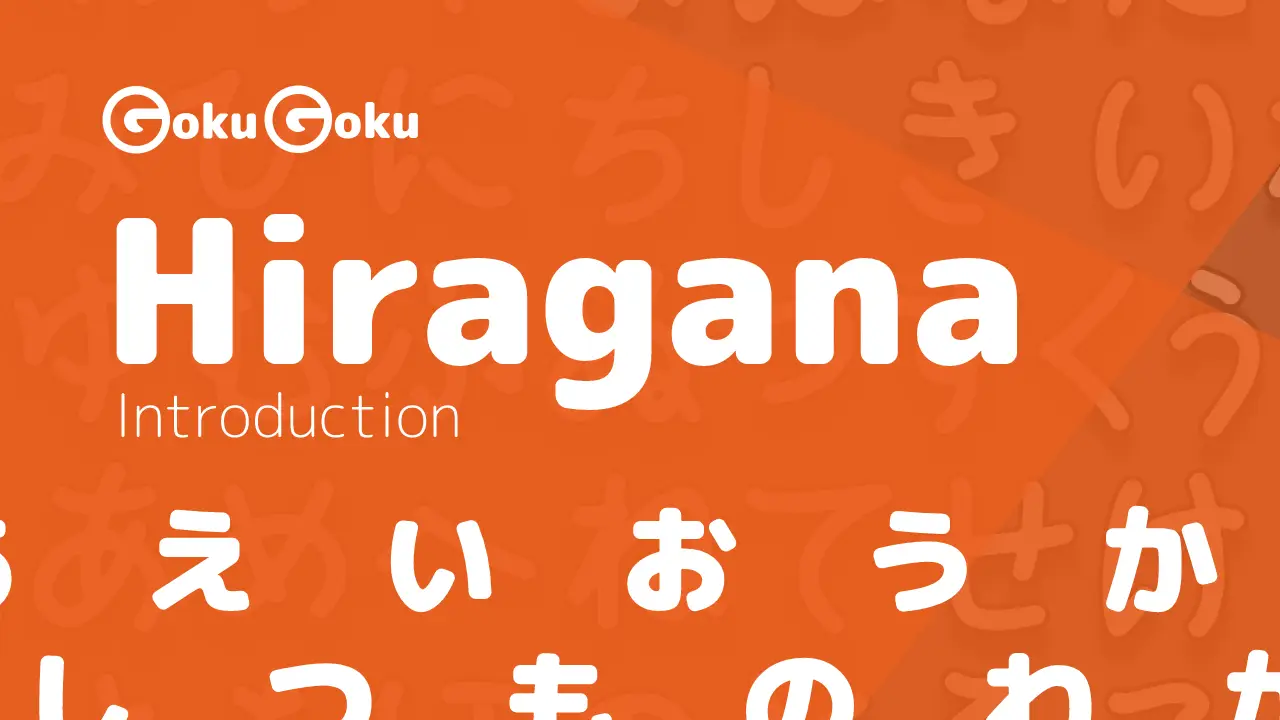だろう (darou) and でしょう (desyou) Grammars Meaning [JLPT N5]
Sandro Maglione
Get in touch with meThe expression だろう (darou), or でしょう (deshyou) in its polite form, it is used when the speaker wants to ask the interlocutor to confirm what has been said, or to express a supposition or hypothesis.
だろう can be translated as right?, isn't it?, probably.
In this post we learn more about the meaning of だろう, how it is formed, and when だろう is used through real example sentences.
How だろう is formed
The expression だろう comes from the volitional form of the copula だ:
だろう is used to indicate a guess or a conjecture, and it can follow nouns, adjectives, and verbs:
だろう can also be used in its more colloquial contracted form だろ
How and when to use だろう
だろう is used to express that the speaker thinks something is true (supposition), and also that the speaker will probably agree with what was said.
In this sense だろう is used to ask for confirmation: it makes the sentence less direct and more uncertain.
だろう can also be used when the speaker thinks or feels something is true, without there being any real theory or certainty about what is being said.
It can generally be said that だろう express a probability that is greater than 50% based on what the speaker perceives.
これは、水だ。
That is water.
これは、水だろう。
That's water, right?
In this simple example we see how using the copula だ alone makes the sentence much more direct: we are sure it is water (水), and we are not asking for any confirmation.
When だ is conjugated in だろう instead we express a sense of uncertainty and a request for confirmation to our interlocutor. This uncertainty is translated with right? at the end of the sentence.
だろう and tone of voice
Depending on the tone of voice and the context, the meaning expressed by だろう can range from a simple guess to expressing a strong opinion.
When だろう expresses a lot of uncertainty, the tone of voice will be lower and less direct.
On the other hand, when you want to express a strong opinion, the tone of voice will be higher and more aggressive. When だろう is used in this way it can even appear that the speaker is bragging about what they did or said. Pay attention to this to not appear too haughty and impolite.
だろう and でしょう
だろう and でしょう have the exact same meaning. でしょう is the polite form of だろう, and for this reason is used in more formal situations.
だろう is considered more colloquial, and is also more often used by men
2時間、運動したから疲れてるでしょう。
It's been 2 hours since you started training, you must be tired.
In the example above the translation you must be tired is used to express a sense of uncertainty: most likely you are tired (since it's been 2 hours).
今晩は雪でしょう。
It will probably snow tonight.
じゃん, じゃない, じゃねぇ
An expression similar to だろう consists of adding the term じゃない at the end of the sentence. じゃない is the colloquial form of ではない, and means no, it is not, it is not so. This expression is mostly used by young people in colloquial situations. じゃない can be contracted to じゃん and also じゃねぇ (slang)
高いじゃん!
It's expensive!
だろう + か
When だろう (or でしょう) is followed by the particle か it is used to express a high sense of uncertainty.
か indicates a question, we are therefore asking our interlocutor directly if what has been said is true or not.
これでよかったのでしょうか?
Was that okay by any chance?
In this example we translate this uncertainty with by any chance? at the end of the sentence.
だろうか (でしょうか) often expresses a sense of doubt or reflection (for example in a monologue)
だろう + ね
Another combination is to add ね after だろう.
In this case the speaker gives the impression that he is thinking aloud: he is not sure of what has been said, he is mostly proposing a thought or an idea, all to be confirmed.
Examples of だろう
てめえの相手は、この俺だろう。
Your opponent, it's me don't you think.
ありえねぇだろうな。
It can't be!
Similar grammar points in Japanese 📚
から
から (kara) Meaning Japanese Grammar - Because
だけ
だけ (dake) Meaning Japanese Grammar - Only
たりする
たりする (tari suru) Meaning Japanese Grammar - Do Such Things as A, B Etc
ちがう
ちがう (chigau) Meaning Japanese Grammar - No
まだ
まだ (mada) Meaning Japanese Grammar - Still
ないでください
ないでください (naide kudasai) Meaning Japanese Grammar - Please Do Not Do

